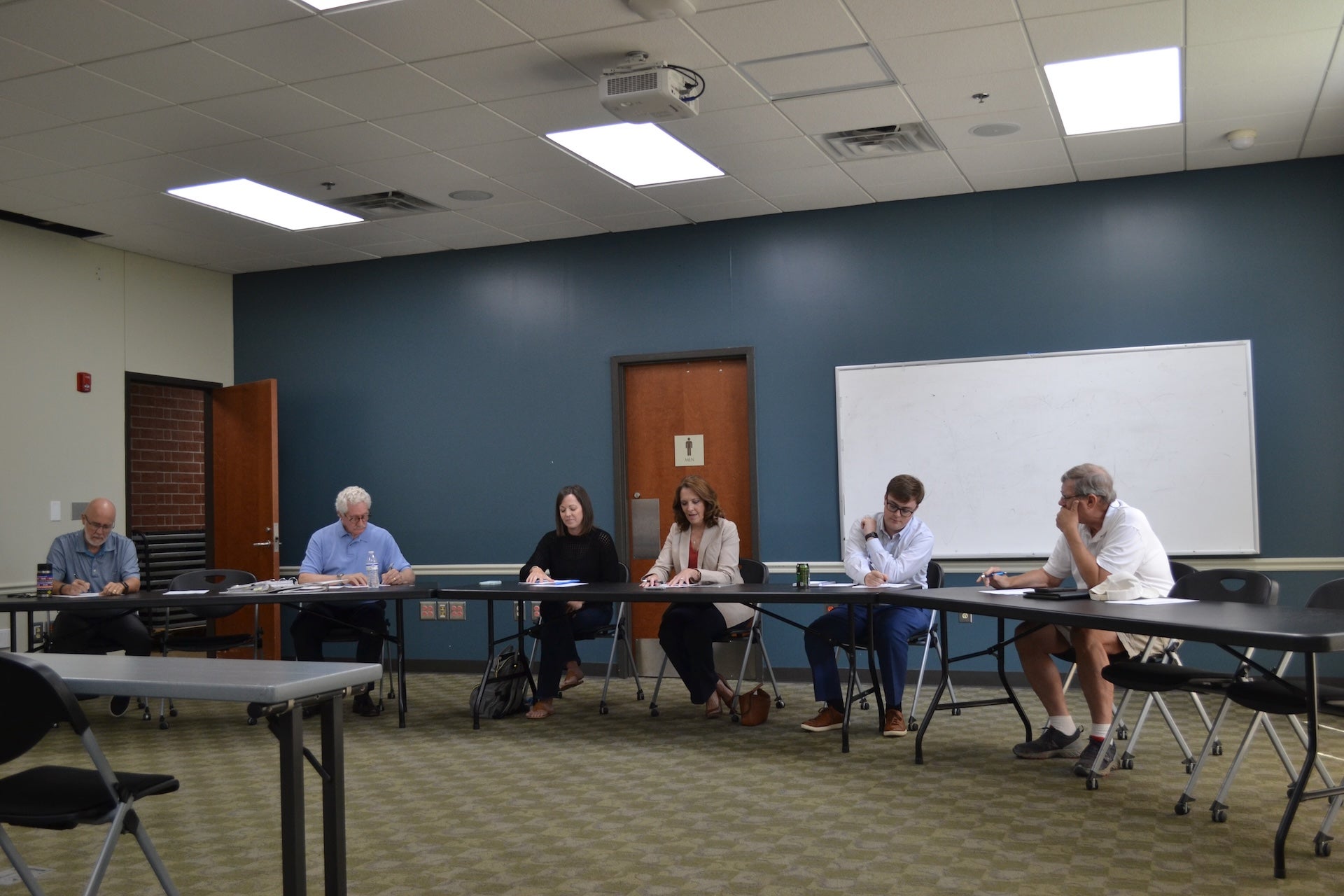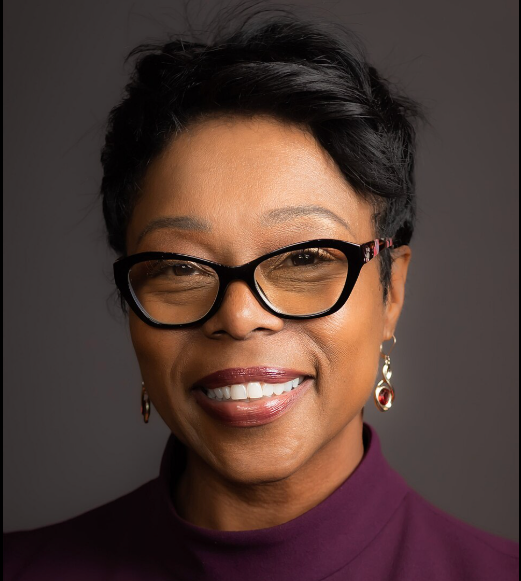The updated guidelines for the placement of books in the Columbia County libraries have gone into effect.
During the Columbia County Library Advisory Board meeting on Tuesday, Sept. 10, it was stated the books “Heat Wave” by T.J. Klune, “The Bone Spindle” by Leslie Vedder, “You Know Me Well” by Nina LaCour, “Meet Cute Diary” by Emery Lee, “The Extraordinaries” by TJ Klune and “Flash Fire” by TJ Klune, are being moved to the adult section under the updated guidelines. Library Manager Mary Lin Maner said the book “True You: A Gender Journey” by Gwen Agna, is still under review.
Updated guidelines and concerns
As for why the guidelines were updated, District 4 Commissioner Alison Couch said it was to address age appropriateness.
“Currently, the Columbia County Library System uses the Georgia PINES system as their lending network,” Couch said. “Under this system, any library card holder may access and check out any book, in any section, of any Columbia County, Ga. library. The guidelines recently put into place by the Columbia County Board of Commissioners add standards for age-appropriateness, in addition to the current standards. This additional standard, paired with the others, helps clarify to members of the library staff where to place books within the libraries.”
In response to the updated guidelines, the Freedom to Read Foundation sent a letter asking the county to reconsider the changes made to the guidelines.
“Not every book will be the best fit for every library user, nor are they intended to be. We understand that not all parents will agree on the best books for their families and that some parents may object to some materials that other parents want their families to read. However, the public library has a responsibility to represent a broad range of views in its collection and to meet the needs of everyone in the community it serves – not just the most vocal, the most powerful, or even the majority. Library users may rightfully voice their concerns and select different materials for themselves and their children, but those objecting to the books should not be given the power to restrict other users’ rights of access to the material,” part of the letter said.
Couch said access to books is not restricted under the updated guidelines. While the books might be moved to the adult section, there’s nothing stopping anyone from under 18 checking out a book.
“Any person can go into any section of the library and check out any book,” Couch said.
Placement of books and reconsideration process
As for who decides the placement of books, Couch said it is the cataloguer who works at the library.
“When a new book comes into a Columbia County library, the Cataloguer uses the referenced guidelines to decide what section to shelve that book,” Couch said. “If a patron picks up a book that they do not feel is catalogued in the correct section, they may submit a request for reconsideration for that book, to begin the reconsideration process.”
The way the reconsideration process works is a patron fills out the form, a library staff review committee will review the materials and make a decision. The library manager will inform the patron of the decision, and if the patron is not happy with the results, the decision can be appealed to the Library Board. The Library Board will review the information and then make a decision about the book.
With the guidelines being updated, Board Chair Sandra Carraway said that the collections development policy would also be updated to reflect the recent changes to the guidelines.
Community comments
During the library board meeting, Priscilla Bence, who has challenged several books, spoke about concerns she still would like to see young adult (YA) books in the adult section.
“I’m still advocating for the YA to be interspersed, not just the nonfiction, but the fiction to be interspersed in the adult section simply because we have a private room downstairs now that is really YA and it’s called YA,” Bence said. “That’s where the teens gravitate to and I still think it would be better for the YA to be adult books because a lot of them are adult books, just like the five that were just placed in the adult section. A lot of them are still in there. Approximately 53 out of the 98 LGBTQ propagandizing books are still in the YA room, which is really a teen room for the last 15 years.”
Updated guidelines
The updated guidelines, which are in bold, are as follows:
“Easy/Children (ages 0-8)
Picture books are chiefly illustrations; basic concepts; designed for parents to read to child; usually oversized. Easy books are illustrated but less so than picture books; language is basic and generally controlled vocabulary; designed for children to start reading on their own. Usually under 100 pages. No profanity; No violence; No content of a sexual nature.
Juvenile (ages 8-11)
More words, fewer pictures; usually chapter books. New vocabulary introduced. Concepts more advanced. Some books contain more complex concepts and vocabulary, and higher page count. Rare uses of mild profanity, if any. Profanity used only in humorous context. Light action, minimal violence; Story intensity and action or violence should not be too scary, the level of a G-rated movie; Stories may be very action-oriented or include emotionally intense moments. No content of a sexual nature.
Middle Ground (ages 11-14)
Reading level appropriate for grades 6-8. Protagonists are usually age 12-15 years old. School Library Journal review lists with grade range of 5-10. Contain themes appealing specifically to middle schoolers, such as friendships, believing in yourself, and fun-filled adventure. Scarce or no swearing; Some humor may be on the slightly naughty and gross side, with mild potty humor. Light, non-graphic violence; Violence level similar to Star Wars movie; Scare factor similar to a Harry Potter movie. No content of a sexual nature other than age-appropriate instances, such as a brief kiss on the lips and/or hand-holding; No simulated sex acts; No partial or full nudity.
Teen (ages 14-18)
Characters are usually teenagers. Subjects dealing with adolescent issues. Humor and reading level more complex. Usually feature characters ages 12-18. Contain themes appealing to high schoolers, such as self-discovery, finding your voice, bullying, acceptance, and coming of age. Light, if any, instances of swearing; Minimal questionable language. Rarely graphic violence, as opposed to vivid descriptions; Some violence and blood, with an action/violence level similar to a PG-13 movie. Sexuality may be alluded to or referenced but not depicted or described in explicit detail, and pursuant to GA Code O.C.G.A 16-12-80 described below; May have some non-sexual, partial nudity or sexual content but nothing portrayed graphically; Minimal sexual content similar to a PG-13 movie.
Adult (ages 18+)
Written with adult readership in mind. Usually includes characters 20+, however, characters may be any age. Themes often contain mature content. No limitations.
Sexually Explicit Content For the purpose of shelving and labeling books in a manner that recognizes age-appropriateness, the Columbia County Board of Commissioners has determined that books containing sexually explicit content are suitable for adults (ages 18+) and should not be cataloged or shelved in any location targeted to or labeled for minors (ages 17 and below).”
The county stated that sexually explicit content could include, but would not be limited to the following: “acts of sexual intercourse, heterosexual or homosexual, normal or perverted, actual or simulated; acts of masturbation; acts involving excretory functions or lewd exhibition of the genitals; acts of bestiality or the fondling of sex organs of animals; or sexual acts of flagellation, torture, or other violence indicated a sadomasochistic sexual relationship.”












